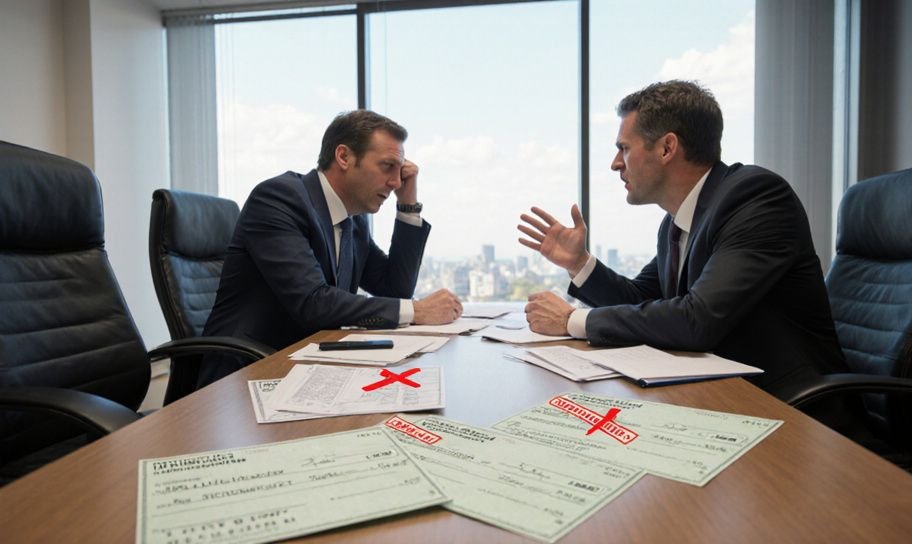
Summary: In a recent decision, the Bombay High Court ruled that Rashmikant Zaverchand Shah must pay 20% of the compensation amount in a bounced check case involving a large cash loan. The court stressed the importance of keeping check transactions trustworthy.
Rashmikant Zaverchand Shah filed a case against Dharmesh Chapsi Ghada and the State of Maharashtra. The case is about a complaint under a law about checks not being honored. Dharmesh was accused of not honoring three checks totaling Rs. 2,67,75,000, which were supposed to pay back a loan.
The checks, each worth Rs. 89,25,000, were not honored, leading to a legal fight. Dharmesh argued that the checks were given as security for business deals, not as loan repayment. He also claimed that the transactions were unreported cash deals, breaking tax laws.
"The alleged claim of having given a huge amount in cash was otherwise in violation of the provisions of Income Tax Act."
At first, the Magistrate found Dharmesh guilty and sentenced him to a year in simple jail time, along with a compensation payment. Dharmesh appealed, but the Sessions Judge required him to pay 20% of the compensation to pause the sentence.
Dharmesh's lawyer, Mr. Rohaan Cama, argued that the requirement to pay was optional, not necessary. He mentioned various past cases to support his argument, but the court emphasized that the payment is generally required unless there are special reasons.
"Section 148 of the NI Act does not take away the right of appeal but allows the court to order a deposit."
The High Court, led by Judge N. J. Jamadar, agreed with the Sessions Judge's decision. The court pointed out that cash transactions, even if reported in tax returns, do not automatically make the debt unenforceable under the NI Act.
"Violation of Income Tax provisions does not render the transaction unenforceable under Section 138 of the NI Act."
The petition was dismissed, reinforcing the need for people in bounced check cases to pay a portion of the compensation as a condition for appeal. This decision aims to prevent unnecessary appeals and maintain the trustworthiness of check transactions.
This case highlights the importance of following legal and financial rules in business deals, especially when large amounts of money are involved.